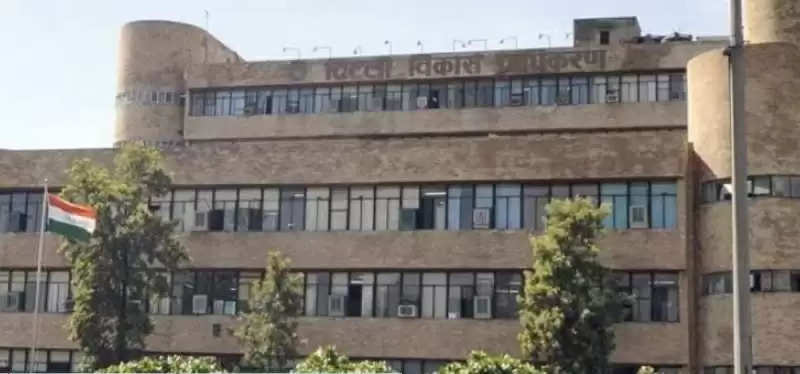Delhi Waqf Board Claims Hindu Properties, Including Cremation Ground and TemplesDelhi Waqf Board Claims Hindu Properties, Including Cremation Ground and Temples

The Delhi Waqf Board has made claims to a number of properties that have historically belonged to the Hindu community, including a four-lane road, a DTC bus stop, six temples, a Hindu cremation ground, and even a municipal garbage dump. This is a significant and contentious move. Tensions in the capital have increased as a result of this extraordinary action, which has brought up issues with land ownership, intergroup harmony, and the limits of religious claims.
The Waqf Board made the assertions public in a news statement, and they have shocked Delhi's various populations. The board, which is normally in charge of properties set aside for the Muslim community, is suddenly claiming ownership of houses that Hindus have traditionally used. Since the cremation ground is a deeply meaningful cultural site for many families in the area, it has become a focal point of worry in addition to being a place of grieving.

The dispute has been exacerbated by the recent claims made by divisive Islamic preacher Zakir Naik that Ambani's Antilia, the most costly private home in the world, is a Waqf property. Many people wonder why religious institutions would make such claims, and Naik's remark has sparked discussions regarding the validity of these arguments. Statements of this nature, especially from someone like Naik who is well-known for his polarising language, add to the already complex issue.
The Waqf Board's allegations have infuriated local authorities and community representatives. Many contend that in a city that has experienced its fair share of religious conflict, this action threatens the delicate equilibrium of communal relations. Leading Hindu authorities have condemned the board's actions, calling them provocative and possibly harmful. They contend that staking claims to such important communal properties would exacerbate conflicts between various religious communities.
Political responses have come in quick succession. Members of the ruling party have expressed their displeasure and demanded that the Waqf Board's claims be reviewed right away. "The Hindu community has owned and utilised these estates for many centuries. Without following the proper procedures, we cannot permit any organisation to claim them "said a senior party official who wished to remain anonymous.

Legal professionals predict that this could turn into a big legal dispute. Property rights expert Dr. Anjali Rao remarked, "Property claims are often fraught with complexities, especially when they involve religious groups." "The Waqf Board may face substantial challenges in substantiating their claims legally, particularly against established usage by the Hindu community."
The reaction on social media has been just as strong. Users' reactions to the Waqf Board's assertions have been mixed, with some voicing support and criticism through trending hashtags. While some contend that the board has overreached, others maintain that all religious communities have the right to claim properties to which they feel a connection.
The difficult responsibility of handling this delicate scenario now falls on the shoulders of the Delhi government. Authorities have said they will investigate and determine the veracity of the claims. "We have to make sure that every community feels safe and valued in their property rights. It is imperative that we manage this situation carefully," a Delhi government spokesman stated.
Many people are left wondering what these accusations might mean for the future of communal relations in Delhi as the situation plays out. Will this fuel more division or present a chance for communication and understanding? Time will tell.
With the city known for its diverse range of cultures and religions, the stakes are higher than ever. There has never been a greater important need for open conversation and respect between neighbours as they prepare for what lies ahead. The way these claims are handled and if a cooperative attitude can be used to construct a route towards resolution will be determined in the upcoming weeks.
--
